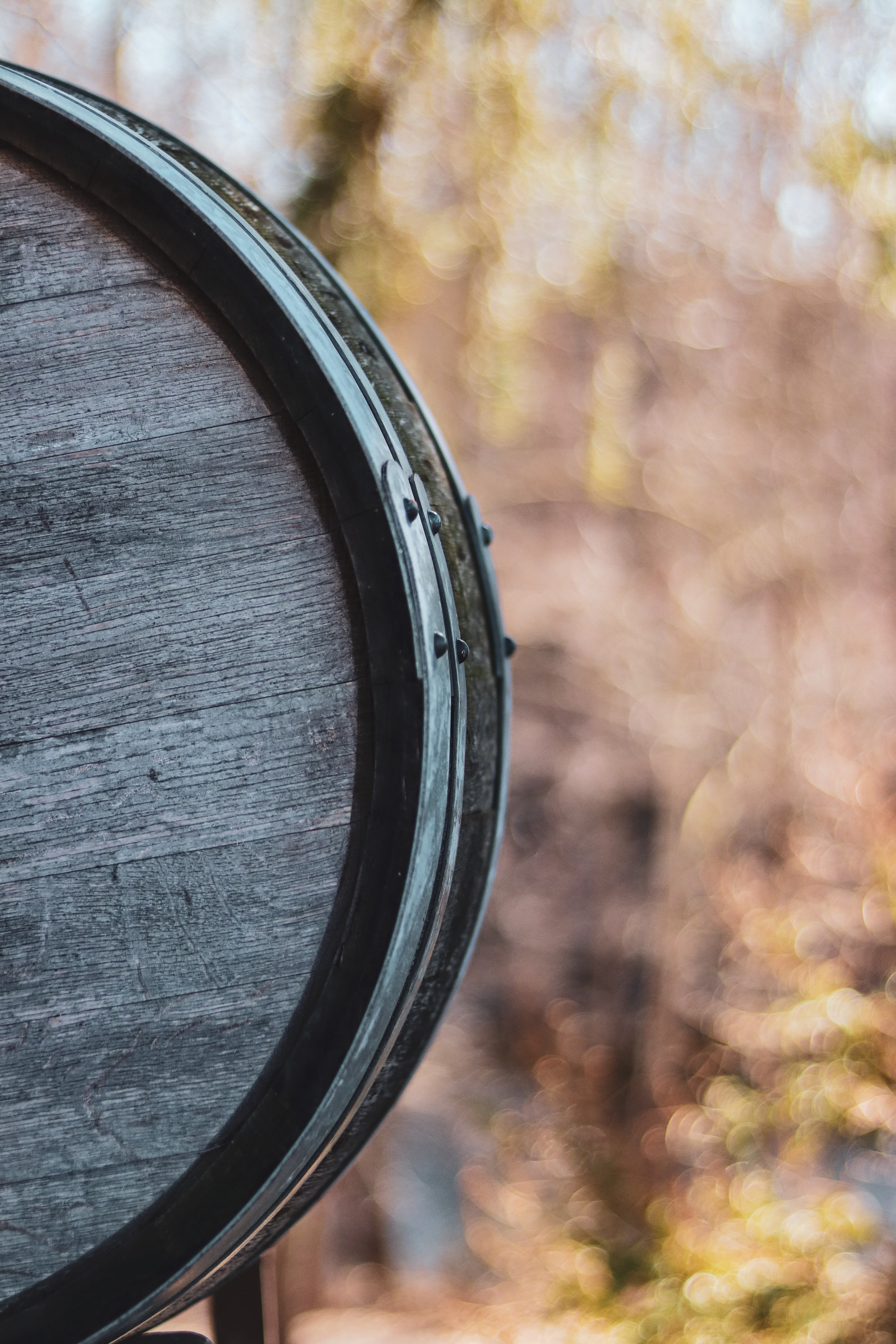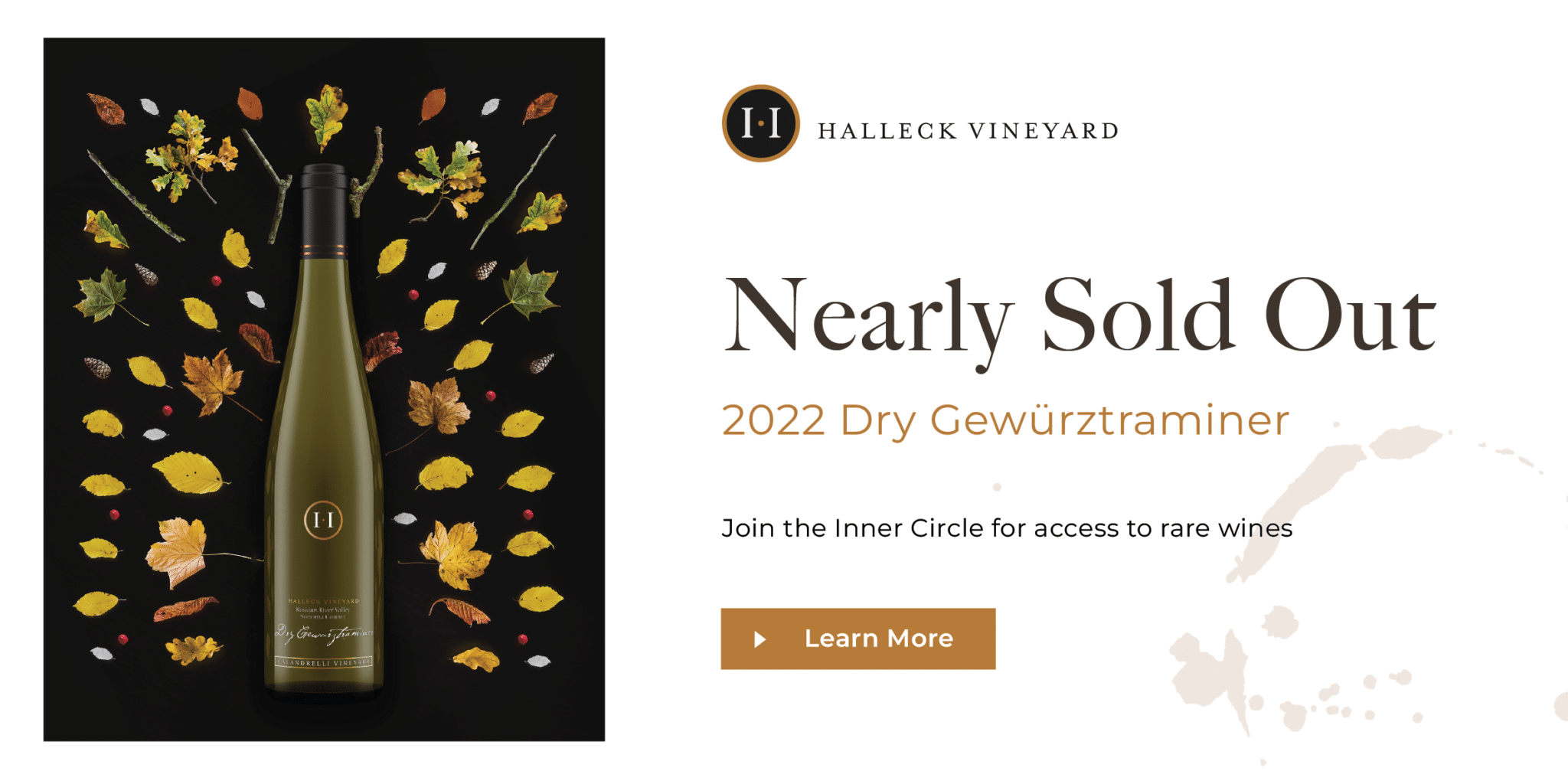Wineries Offering Private Events - Wine Tasting Experiences In Sebastopol
Wineries Offering Private Events - Wine Tasting Experiences In Sebastopol
Blog Article
Wineries Offering Educational Wine Seminars - Exploring The Vineyards In Sonoma County
Wine tasting is commonly considered an art kind, one that goes past merely having fun with a beverage. It embraces a fancy interaction of flavors, aromas, and textures that requires devoted practice to really grasp. Many who enterprise into the world of wine tasting shortly notice that it entails far more than simply sipping wine. Enhancing sensory skills via dedicated winery wine tasting can elevate the experience, reworking a casual consuming occasion into a complicated exploration of the senses.
At a fundamental stage, wine tasting engages the senses of sight, smell, taste, touch, and even sound. Each element plays a crucial position in appreciating the nuances of a wine. When one first pours a glass of wine, the rich hues can provide preliminary insights into its age and varietal. Observing the color and clarity helps form expectations about the wine's flavor profile. Many don’t absolutely appreciate how this visible evaluation can set the stage for what's to follow.
The subsequent step is to interact the sense of scent. Swirling the glass aerates the wine, allowing its unstable compounds to flee and fill the air with its bouquet. The nostril entails some fascinating layers—different aromas can signal various aspects of the winemaking process, including the kind of grapes used, fermentation strategies, and aging situations. Growing a eager sense of smell could be a game-changer in wine tasting.
Wineries Producing Pinot Noir And Chardonnay - Family-Owned Wineries In Sonoma
To enhance this sensory skill, wine enthusiasts are sometimes encouraged to participate in dedicated tastings at wineries. These tastings enable people to focus solely on the sensory experience (Wineries With Breathtaking Gardens In Sonoma). Tasting classes led by educated sommeliers or winemakers can supply insights into identifying distinct aromas. Studying to differentiate between floral, fruity, earthy, and spicy notes can empower a taster to articulate their experience with larger precision.
As one practices their sensory talents, they may uncover that their taste preferences evolve. This transformation often occurs after multiple tastings. A wine that initially appeared overwhelming may reveal hidden layers of complexity with a little bit of experience. Understanding tips on how to isolate individual flavors corresponding to acidity, sweetness, bitterness, and umami contributes substantially to the general wine experience.
Another important factor in bettering sensory skills is the context during which wine is tasted. Environmental factors like temperature, lighting, and even the company present can influence perceptions. At a winery, an optimum setting can reduce distractions and allow a more profound exploration of the wine (Wineries Offering Educational Wine Seminars). Training mindful tasting techniques encourages a extra immersive experience, allowing tasters to hone in on their senses.
It is not solely about individual notion, though. Engaging with others throughout a tasting also can enhance sensory skills. Sharing notes and discussing impressions fosters a deeper understanding of the wine. This collaborative method encourages participants to articulate their sensory experiences, thereby broadening their linguistic repertoire associated to wine tasting.
Historical Wineries To Visit In Sonoma - Sonoma Wine Tasting Tour
Additionally, pairing wine with food can considerably improve the tasting experience. Completely Different mixtures can convey out unique flavors in each the wine and the dish. As one tastes a wine alongside specific foods, they will start to recognize how sure parts in the wine complement or distinction with what they're eating. This skill of pairing is one other layer that enriches sensory improvement.
Coaching one’s palate can involve a big selection of workouts. Some enthusiasts interact in systematic tasting experiences, sampling a variety of wines that showcase different varietals, areas, or vintages. Exploring this diversity can sharpen the power to discern nuances across different wine profiles. Over time, this practice builds a psychological library of flavors that can be accessed during future tastings.
Notably, written notes serve a twin objective: organizing one’s thoughts and reinforcing reminiscence. By writing down observations about every wine, tasters can monitor their progress over time. Detailing the characteristics of wines assists in solidifying data, ultimately deepening one’s appreciation of what they consume.
Moreover, attending workshops or classes focused on sensory evaluation can be beneficial. Many wineries provide these educational applications to help people refine their skills. Often, educated instructors guide members via structured tastings, specializing in specific elements of the wine. This degree of training reinforces the sensory skills asynchronously and challenges tasters to consider their experiences from different angles.
Wine Tasting Events In Sonoma County - Best Winery In Sonoma For Quality Wine
Over time, the commitment to improving sensory skills by way of dedicated winery wine tasting can yield important rewards. The enjoyment derived from wine becomes layered and multifaceted. No longer restricted to a simple desire for "red" or "white," tasters begin to understand the stories behind every pour. They cultivate a palette capable of navigating the advanced panorama of flavors with confidence.
In conclusion, the journey of enhancing sensory skills by way of devoted winery wine tasting is as rewarding as it's enjoyable. It requires focus, dedication, and a willingness to be taught, but the outcomes far exceed the initial effort. By participating a quantity of senses and collaborating in thoughtful discussions, individuals not only turn into more adept at figuring out flavors but in addition develop a deeper appreciation for the craftsmanship behind every bottle. The course of transforms wine from a mere beverage into a wealthy tapestry of sensory exploration that beckons enthusiasts to delve deeper. As skills enhance, so too does the enjoyment, enriching life experiences one sip at a time.
Vineyard Picnic Spots In Sonoma Valley - Enjoying The Best Wineries In Sebastopol
- Participating the palate by way of diverse wine varieties enhances the ability to tell apart flavors and aromas, refining overall sensory notion.
- Taking Part in guided tastings promotes focused consideration on refined characteristics of every wine, nurturing important tasting skills.
- Studying to determine specific grape varieties fosters a deeper understanding of terroir, which aids in recognizing regional flavor profiles.
- Incorporating food pairings throughout tastings can heighten sensory awareness, as different tastes can influence one another and alter perceptions.
- Working Towards the art of swirling and nosing wines allows people to connect olfactory cues with style, bettering the power to articulate sensory experiences.
- Attending workshops that emphasize blind tastings trains participants to rely purely on their senses somewhat than preconceived notions, enhancing objectivity.
- Elevating sensory skills can result in better wine selection abilities, empowering people to make informed selections based on personal preferences.
- Participating with knowledgeable sommeliers presents insights into wine-making processes, which deepens sensory appreciation and enhances vocabulary for describing wines.
- Regular participation in tastings encourages memory development of flavors and aromas, aiding in the formation of a personalized sensory profile over time.
- Sharing tasting experiences with peers fosters discussion, promoting communal learning that may improve individual sensory skills via collaboration.undefinedWhat is the purpose of enhancing sensory skills through wine tasting?

Enhancing sensory skills through wine tasting permits individuals to enhance their capability to establish and respect the assorted aromas, flavors, and textures of wine. This heightened sensory consciousness can lead to a deeper understanding of wine and an total enriched tasting experience.
Wine Tasting Tours In Russian River Valley - Sonoma Wine Culture
How can I develop my sensory skills at a winery?
You can develop your sensory skills at a winery by collaborating in guided tasting sessions that target specific varietals. Engage with knowledgeable workers who can present insights and encourage you to take notes on your impressions, enhancing each your observational and descriptive skills.
What should I expect throughout a devoted wine tasting experience?
Wineries Known For Their Beautiful Gardens - Explore Sebastopol Area Vineyards
During a dedicated wine tasting experience, count on to pattern a choice of wines whereas receiving targeted training about each. You Will be taught in regards to the winemaking process, tasting techniques, and how to discern totally different sensory characteristics, all in a relaxed surroundings.

Is prior knowledge of wine essential to profit from a sensory skills workshop?
- Local Favorite Wineries In Sonoma
No prior information of wine is important; the workshops are designed for all levels of experience. Novices will find priceless information to construct from, while seasoned tasters can refine their skills and broaden their palate even further.
How do sensory skills influence my overall wine appreciation?
Wineries With Estate-Grown Grapes - Wineries In The Sebastopol Region
Improving sensory skills considerably enhances your total wine appreciation by allowing you to identify subtleties and complexities in wines. This deeper understanding enriches your tasting experience and helps you make blog here informed alternatives based on personal preferences.
Are there particular techniques I should use whereas tasting wine to improve my sensory skills?
Wineries Known For Sustainable Practices In Sonoma - Top Sonoma Wine Tasting Destinations
Yes, employing techniques such as the "SWOT" method (Sight, Swirl, Odor, Sip, Savor) could be useful. Pay attention to the wine's appearance, aromatics, and mouthfeel, and take your time with every sip to completely explore the flavors and sensations.
What kind of wines are usually included in sensory skills tastings?
Sometimes, sensory skills tastings embody a selection of wines that showcase completely different areas, varietals, and styles. This diversity helps individuals identify distinct traits and enhances their capability to distinguish between wines.
Can sensory skills workshops be personalized to my tasting interests?
Family Friendly Wineries With Outdoor Spaces - Tasting Experiences In Sebastopol Vineyards
Many wineries offer personalized choices for sensory skills workshops, permitting you to give attention to specific types of wines or themes that interest you, similar to organic wines or unique regional offerings. It's best to inquire directly with the winery for tailored experiences.
Is there a way to practice sensory skills after leaving the winery?
Sure, you can practice your sensory skills at Click This Link home by tasting completely different wines and preserving a tasting journal. Experimenting with numerous food pairings and aromatics can further enhance your understanding of how flavors work together, reinforcing the abilities gained on the winery. Report this page